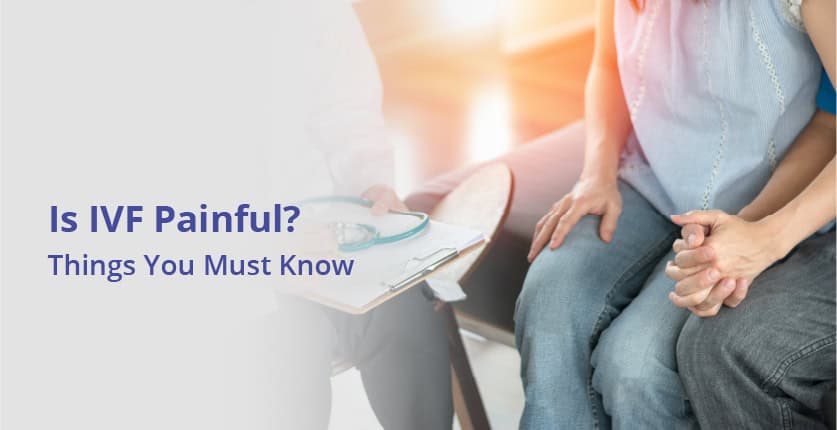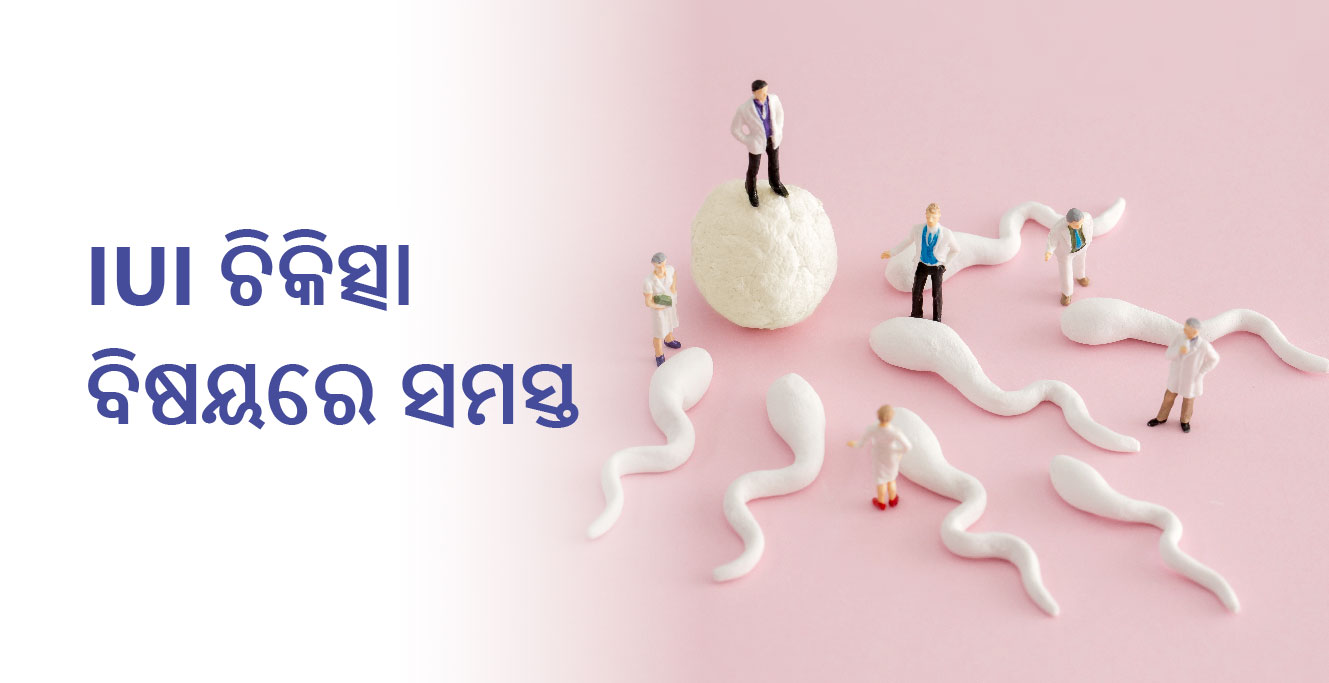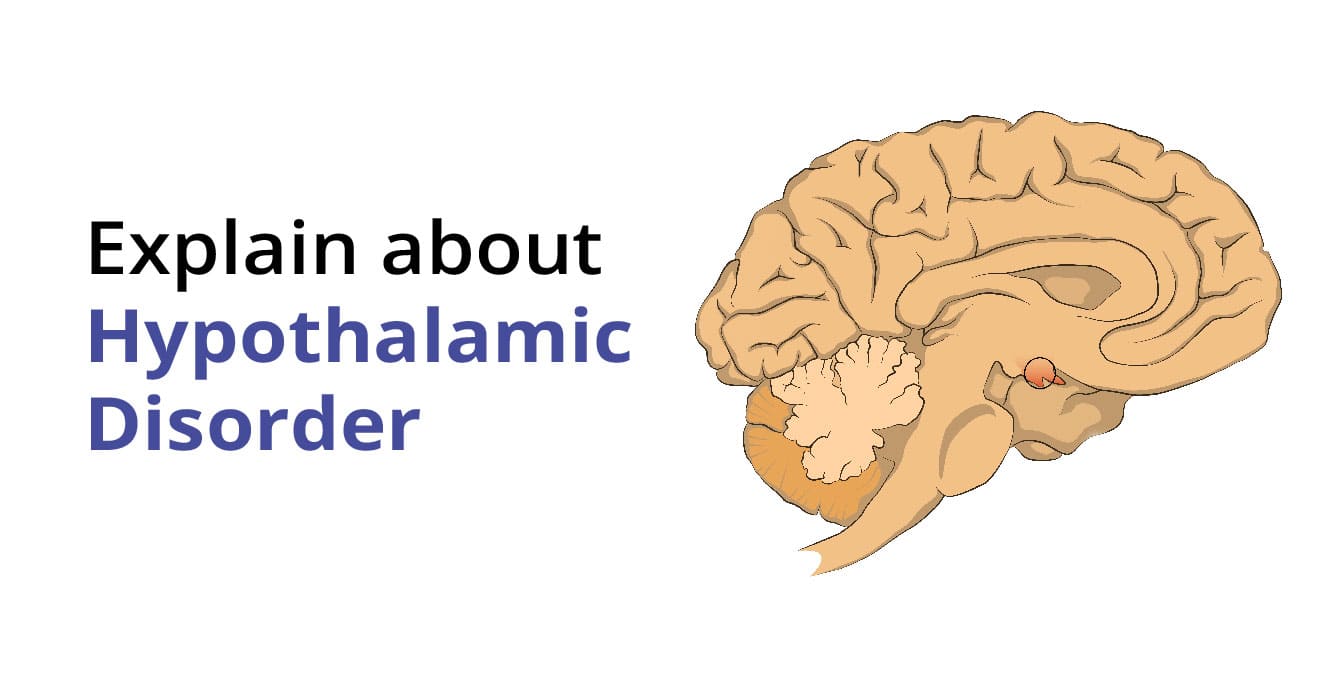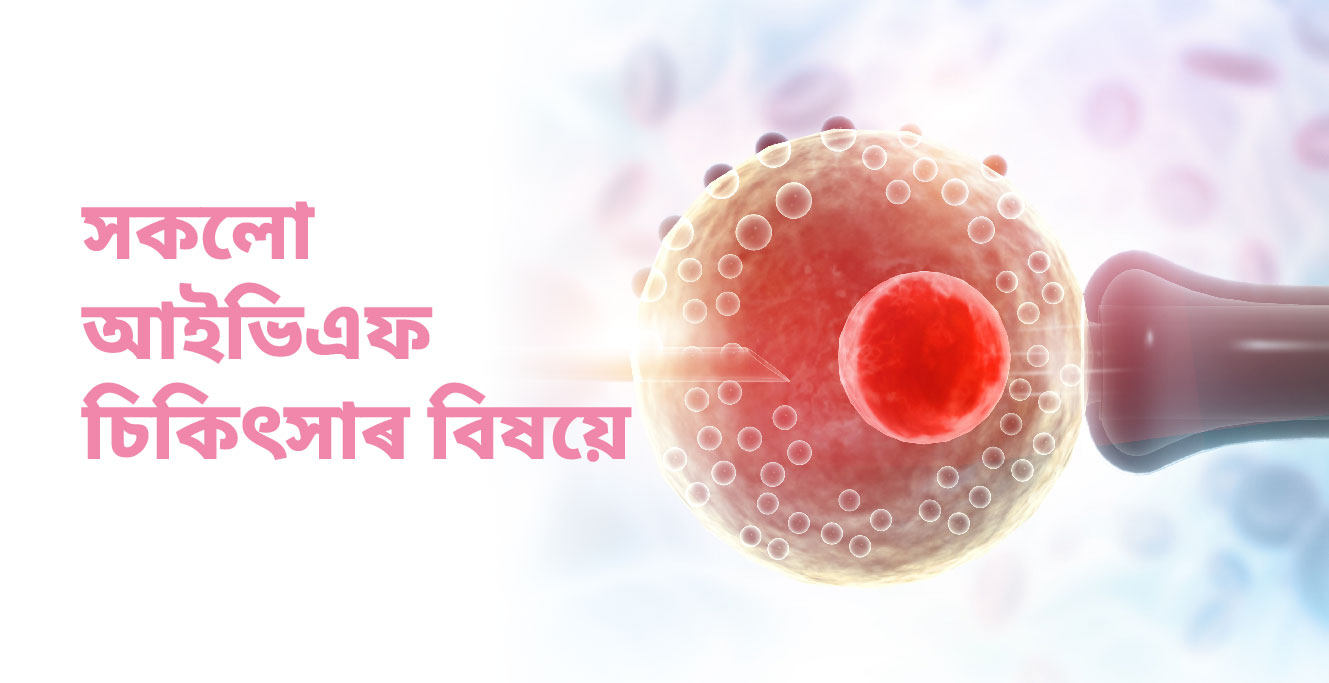Unveiling the Truth: Is IVF Really Painful?
- Published on November 29, 2021

One thing many women ask fertility doctors is, “Is in vitro fertilization (IVF) painful?” Certain parts of the process may cause some pain or discomfort, but you should never be in an extreme amount of pain. If you do have severe pain, then it could be a sign of a complication. However, it should be noted that the complications associated with IVF are rare and can usually be treated effectively.
The tolerance of pain generally varies from one individual to another. Therefore, each woman has a slightly different response to the “IVF process” so some aspects may be painful for some women and not painful for others.
Table of Contents
Ovarian Stimulation
Ovarian stimulation is the first part of the IVF process. You will be prescribed injectable medications which will stimulate your ovaries to mature multiple eggs during a cycle (during normal ovulation only one egg is matured). These medications contain hormones like follicle-stimulating hormone (FSH) and luteinizing hormone (LH).
While you take the medication, your doctor will monitor you with blood tests and ultrasound to determine when ovulation should be induced. The ovulation stimulation process usually takes 8-14 days.
Self-injecting the fertility drugs that stimulate the ovaries has the potential to cause pain, but most women say it is more uncomfortable than painful. The needles used for these injections are very thin and don’t hurt. If you have an aversion to needles, this might be a difficult part of the process for you, but having your partner or a friend with you can give you a sense of comfort.
Sometimes women experience bloating and other unpleasant side effects from the fluctuation in hormones caused by the injections but these side effects are usually not severe or painful. Some of the potential side effects include:
- Breast tenderness
- Fluid retention and bloating
- Mood swings
- Insomnia
- Headaches
Ovulation Induction
After your doctor determines that your ovaries have sufficiently matured the eggs, they will give you another medication to induce ovulation and release the eggs. These medication are also considered trigger shots that usually contain human chorionic gonadotropin (HGC), a hormone that will help in boosting the eggs complete maturation before ovulation. The shot is usually given 36 hours before the egg retrieval.
The trigger shot may cause side effects, but usually, women just experience some temporary irritation at the injection site.
Egg Retrieval
During egg retrieval, you will be sedated and will be given pain killer medication, so the procedure itself should not be painful at all. After the procedure, you may experience some mild to moderate cramping or feelings of pressure. Pain can usually be treated with an over-the-counter medication.. However, your doctor can prescribe a stronger medication if needed. Recovery after the retrieval procedure is generally quick and you should be able to get back to your routine after a day or two of rest.
Embryo Transfer
After the eggs have been retrieved and fertilized in the lab, embryos will be selected to be transferred to the uterus. The transfer has the most potential for pain. The embryo is implanted directly into the uterus with a help of catheter placed through a vaginal cavity. There is a possibility you may feel a sense of slight pinch during embryo implantation. At times, some women do not feel the pain during this procedure ,. Many women compare this to the feeling of the speculum used during a Pap smear test. Some women aren’t bothered by it and some women find it a bit painful. Recovery after embryo transfer is fairly quick.
Most women would describe what they go through as discomfort rather than pain. Below are the different steps in IVF cycle mentioned with their pain intensity level –
Step 1: Preparation of the Pituitary Glands and Ovaries
Pain Level: 4
The IVF preparation process can be uncomfortable because many patients are entering into unknown territory and are unsure of what goes on in the lab. Initially, patients will take a variety of oral medications and receive daily injections. One of the main questions that patients will have is “Is in vitro fertilization painful?” During this phase, it can be uncomfortable, especially for those that do not like needles. However, injectable medication is required to control hormone surges and levels within the patient’s body. At this point, IVF procedure painful side effects can usually be controlled by acetaminophen. The good news is that this part of the process may not be necessary, depending on the health history of the patient.
Step 2: Ovarian Stimulation and Ultrasound Monitoring
Pain Level: 4
Some clients may find this part of the IVF procedure painful, but it is usually manageable. Daily injections of intravenous drugs are given to patients to stimulate follicles and increase the number of follicles within the ovaries. This increases the chance of a successful IVF procedure. Once these follicles reach the desired size or number, intramuscular injections of HCG are given in an attempt to mimic the body’s natural LH surge. Is IVF treatment painful at this point? It is said that it is slightly uncomfortable. Again, acetaminophen and applying heat/cold to the affected injection area(s) can be helpful. Ultrasound monitoring is usually performed at this stage at a fertility clinic to examine the growth of follicles, but this procedure rarely causes pain or discomfort.
Step 3: Egg Retrieval
Pain Level: 5-6
The most common question that patients have is “Is the IVF egg retrieval process painful?” Before egg retrieval, many blood tests are performed which can result in discomfort. At this point, patients have been subjected to many injections which can make this fairly simple. However, the answer to the question is; Yes, IVF egg retrieval process is painful. . Yet, the level of pain felt during the process can vary greatly from one female to another. A board-certified anesthesiologist will administer IV sedation before beginning the egg retrieval process. Later, a thin tube is probed into the vaginal cavity to reach ovaries in order to extract the egg sacs or follicles. This process can cause apprehension in patients who have the concern “ whether egg retrieval is painful in IVF cycle.” As a result, oral anxiety medication can also be administered to calm the nerves of patients and make the procedure a little more comfortable.
Step 4: Fertilization and Embryo Transfer
Pain Level: 2-3
After retrieval, viable eggs are then placed into an incubator and then fertilized with sperm that same day. The eggs are checked within 18-20 hours to determine if fertilization occurred. Once the eggs are fertilized it then becomes a zygote, which develops into an embryo. The embryos are grown into blastocysts, which have the best chance of implantation. This process occurs outside of the body which has nothing to do with pain. After fertilization, the blastocyst is then transferred into the body using a small catheter. Although this is a painless procedure, Valium is usually given for overall comfort.
Outlook
While most people who have undergone IVF do not explain it as painful while some may feel mild to moderate discomfort. If you face any trouble in conceiving and considering any fertility treatment, the doctors at Birla Fertility & IVF can help you explore your treatment options. To learn more about the fertility services that we provide, call (to schedule a free consultation. Or, fill in the given form with required details to book your appointment.
Related Posts
Written by:
Dr. Souren Bhattacharjee
Consultant
Dr. Souren Bhattacharjee is a distinguished IVF specialist with over 32 years of experience, spanning across India and prestigious institutions in the UK, Bahrain, and Bangladesh. His expertise covers the comprehensive management of male and female infertility. He has been trained in infertility management from various reputed institutes in India and UK including the esteemed John Radcliffe Hospital, Oxford, UK.
Over 32 Years of Experience
Kolkata, West Bengal
Our Services
Fertility Treatments
Problems with fertility are both emotionally and medically challenging. At Birla Fertility & IVF, we focus on providing you with supportive, personalized care at every step of your journey towards becoming a parent.Male Infertility
Male factor infertility accounts for almost 40%-50% of all infertility cases. Decreased sperm function can be the result of genetic, lifestyle, medical or environmental factors. Fortunately, most causes of male factor infertility can be easily diagnosed and treated.We offer a comprehensive range of sperm retrieval procedures and treatments for couples with male factor infertility or sexual dysfunction.
Donor Services
We offer a comprehensive and supportive donor program to our patients who require donor sperm or donor eggs in their fertility treatments. We are partnered with reliable, government authorised banks to source quality assured donor samples which are carefully matched to you based on blood type and physical characteristics.Fertility Preservation
Whether you have made an active decision to delay parenthood or are about to undergo medical treatments that may affect your reproductive health, we can help you explore options to preserve your fertility for the future.Gynaecological Procedures
Some conditions that impact fertility in women such as blocked fallopian tubes, endometriosis, fibroids, and T-shaped uterus may be treatable with surgery. We offer a range of advanced laparoscopic and hysteroscopic procedures to diagnose and treat these issues.Genetics & Diagnostics
Complete range of basic and advanced fertility investigations to diagnose causes of male and female infertility, making way for personalized treatment plans.Our Blogs
To Know More
Speak to our experts and take your first steps towards parenthood. To book an appointment or to make an enquiry, please leave your details and we will get back to you.




































